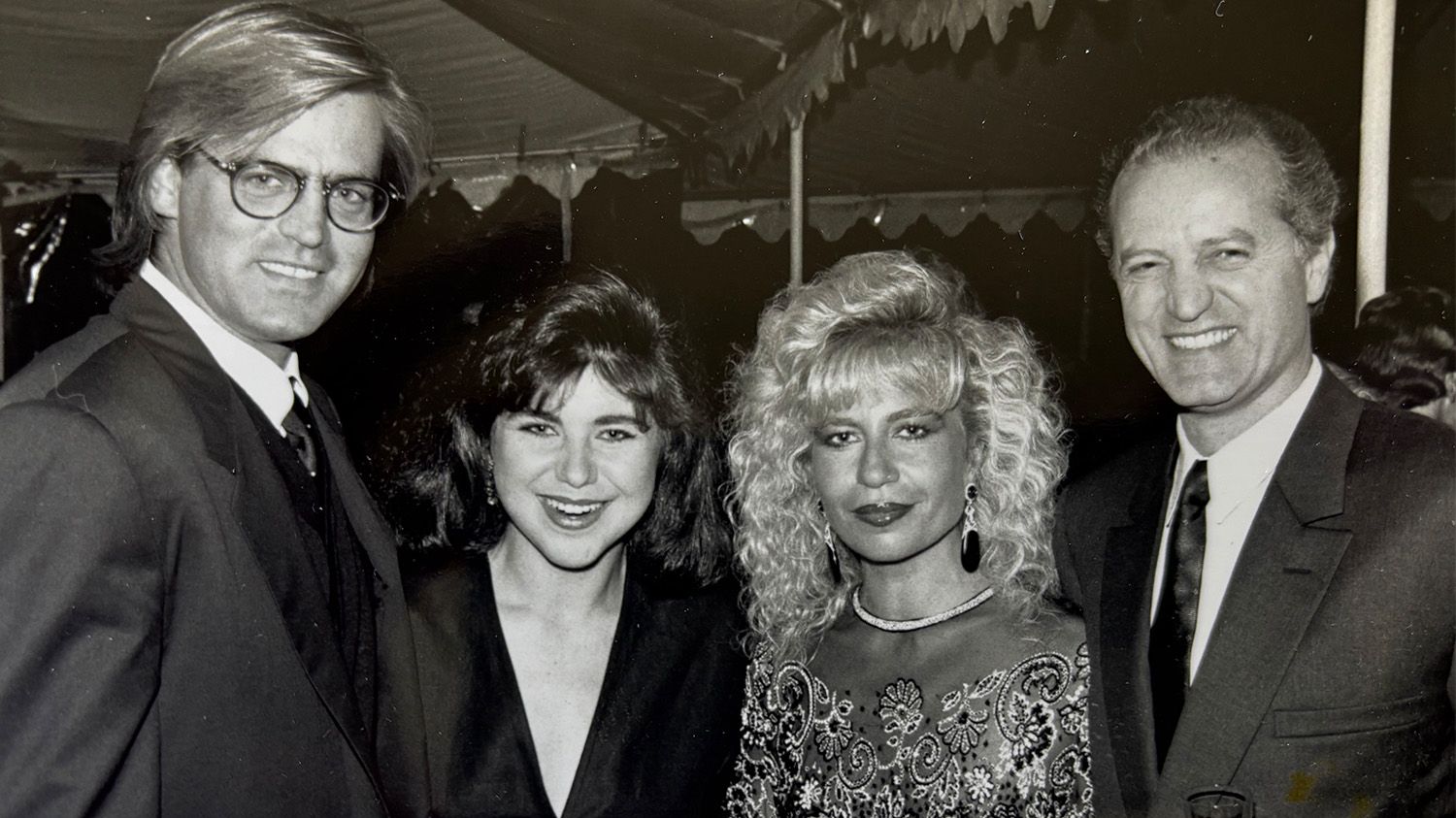Why is Simplicity the Highest Form of Genius?

Want to this listen to this article instead? Tune in here.
Coaching is all about helping my clients get to “simple.”
Let me explain.
Albert Einstein explained the four ascending levels of cognitive prowess: Smart, Intelligent, Brilliant, and Genius.
But do you know what Einstein, arguably the most intelligent human ever to grace this planet, considered an even higher level of intelligence than ‘Genius’?

Photo: Abir Bushan
The ability to distill an idea or feeling into its simplest form is one of the most challenging practices we can attempt to cultivate. The truth is that it’s so effortless to make things complicated; we do it all day long. But it takes a person who has practiced the art of creating simplicity to create breakthroughs in our thinking and, consequently, in our lives.
Often, when we lack the courage, conviction, or facts to face a situation, we instead say, "It's complicated."
Most good ideas, heuristics, and behaviors are not complicated. They’re simple.
Here is a partial list of things I know to be elegantly true and not complicated, even if we try to make them so:
- The healthy thing to do.
- The kind thing to say.
- What love looks like.
- How you feel.
- What needs to be done.
- Who matters to you.
- What drains you.
- What energizes you.
- What you want (which is wildly different from what you should want)
So often, we declare something complicated because we don’t want to do the work, have an uncomfortable conversation, or face a difficult emotion. I frequently hear certain people who consistently choose drama-filled days over, G-d forbid, an average day, repeat the phrase, “It’s a lot!”
In truth, what they’re experiencing is no more than the rest of us and likely manageable. But by declaring it “a lot,” they excuse themselves from taking responsibility for resolving it.
The person who owns up to what holds them back benefits from the power of simplicity by acknowledging that it’s not the circumstances that are complicated; it’s simply the hurdles they unconsciously place on their path that make their life seem difficult.

Another reason we refuse to embrace simplicity is that we must distinguish simple from easy. In truth, they are two very different things, and more often than not, the simple thing is the more demanding, not the easier thing to do.
Using the list I shared as an example, we know what is healthy to eat, but it’s easier to eat whatever is readily available. We understand what drains us, but it’s easier to avoid the work, practice, and uncomfortable conversation that will, in the long run, remove the drain from our lives. And almost always, we know movement and exercise energize us, but it’s so much easier to stay as we are and not make the effort.
The final reason we tend to avoid simplicity is that we often mistake it for being simplistic. The type of "simple" that Einstein referred to exists on the other side of complexity. Understanding the details of a situation requires effort first. Only once we deeply understand the foundational principles can we uncover that situation's simple and elegant essence.

Photo: BehaviorGap.com
Unfortunately, what we have seen on our college campuses recently is simplistic because most of these “protesters” have not taken the time to understand the complex facts and history of the people they are protesting for or against.
Simplistic is commonly born from ignorance, but simplicity is born of deep knowledge and hard-earned wisdom.
Take a few minutes to ponder what in your life you are making seem complicated when, in truth, it’s simple.
Then answer this question: “What if it was simple?”







